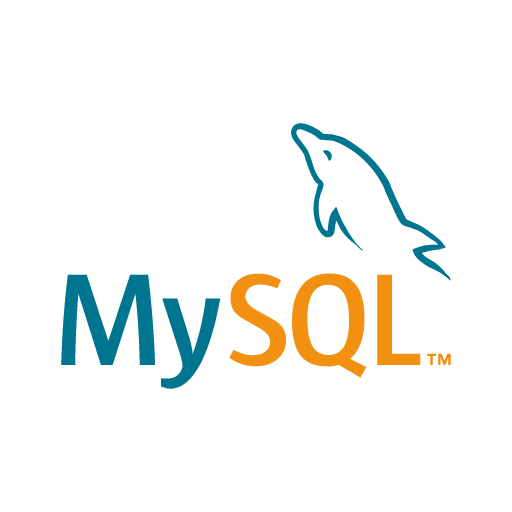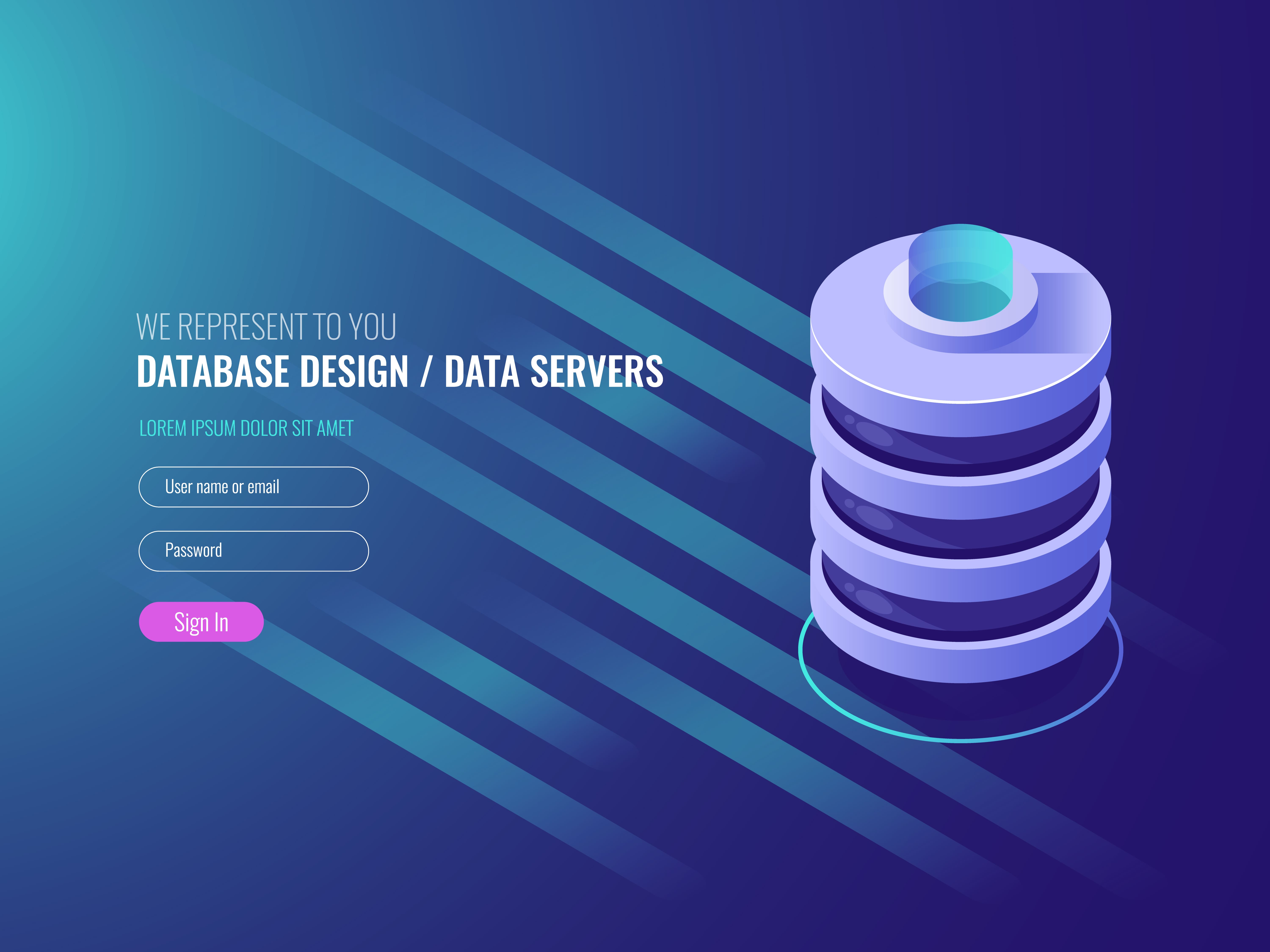The world of data is continuously changing and with time. The need for a management system, particularly for companies that have a lot of data to manage, has become prevalent, hence the MySQL technology. MySQL is a free-to-use open-source database that has amassed a lot of prominence among business owners. The technology there is today has provided for many MySQL tools that have become very useful in the business world. Now there is a proper and effective system in place for managing databases across different networks.

While MySQL is an easy-to-use solution, the MySQL tools provide some powerful advanced features that better the management of huge chunks of data. Find below why these tools are important for your business:
Advanced data security
In managing your databases, you need a solution that guarantees reliable security to your information. The tools used in MySQL are used by popular applications in the digital space, which implies their reliability in secure data management. Such popular applications include WordPress, Facebook, and Twitter.
The kind of data security you earn from using MySQL tools will go a long way in protecting your company’s reputation, by securing your data from landing in the wrong hands.
Increasing performance

When handling small amounts of data, you may not appreciate the need for speed. However, as your business keeps growing, you have more and more data that needs to be managed. Without MySQL tools, you have to sort through tons of data without a framework to properly manage the different files.
Even while dealing with your website, the tons of queries you receive require a high-speed transactional processing system to meet the demands of the requests, with minimal delay. It is the MySQL tools that allow for full-text indexes and unique memory caches for enhanced performance, particularly regarding speed. It is, therefore, safe to say that both MySQL and MySQL cluster provide incredible improvements in scale-up and scale-out performances.
24/7 coverage
With the MySQL package, there is an assurance of a 24/7 coverage that guarantees you little, if any, downtime. This round-the-clock uptime offers a wide range of solutions for businesses, some of which includes master replication configurations, specialized clusters servers, to mention a few. Such is a solution that allows you to remain competitive with your top competitors in the industry, given you have no time to waste sorting through data. This kind of uptime guarantees you quick recovery from replication failures, while you still retain flexibility in the provisioning.
Complete workflow control
Most business owners are all about maintaining a level of control over all the affairs of their company. With information being a valuable asset that requires utmost protection, for any business owner, it helps to know that you can exercise a lot of control with your databases. With Global Transaction Identifiers (GTIDs) alone, you can exercise a high level of control on the progress of your replication between the master and slave servers.

Technically, the usability of MySQL is very versatile to accommodate different users. The solution is matchless when it comes to compatibility, whether Linux, UNIX, Mac or Microsoft. You can as well automate most of the services you want, with control over which data gets to go where. Control the space expansion of your solution, along with configuration, data administration, and data design. All these thanks to the MySQL tools.
As you consider it, notice that there is more MySQL investment and innovation today than ever before. This implies that this technology is quickly gaining ground among business owners, small and big alike. The primary advantage you get from this technology is an easier way to manage your data, not to mention, maintain strong relationships between data as in data tables. Try it today.







